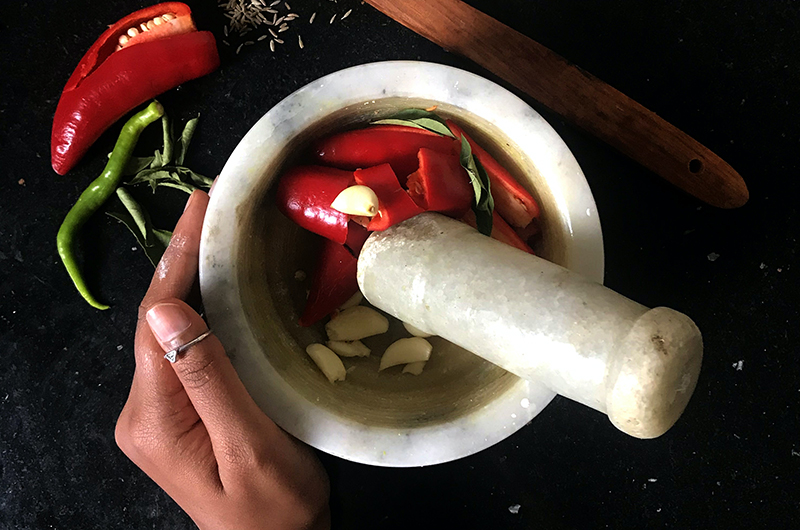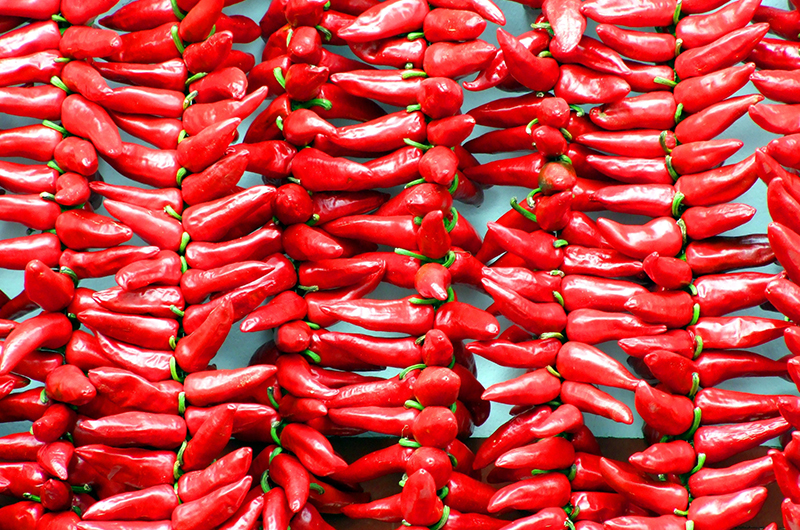When it comes to the realm of food, there aren’t many things that elicit stronger opinions than spice. Which version of the salsa do you choose to eat—the medium, the mild, or the three-alarm variety?
Science is on the side of those who enjoy spicy foods (and not simply the burning spice that comes from the capsaicin found in chili peppers), which is great news for those individuals. There are numerous health benefits associated with chile, as well as cinnamon, turmeric, garlic, ginger, and cumin, among other spices.
Here are five convincing reasons to reconsider adding a little spice to your day, even if you are an agnostic or simply don’t enjoy the heat.
1. Longevity
According to the findings of a comprehensive study that was conducted in 2015 by Harvard and the China National Center for Disease Control and PreventionReliable Source, eating spicy cuisine six or seven days a week, or even only once a day, was associated with a 14% reduction in mortality rates. (Unfortunately, the advantages are even more significant if you forgo having a margarita or a Corona along with your hot taco.)
2. Spices Combat Inflamation
The component of turmeric known as curcumin may help reduce inflammation throughout the body. Trusted Source. Ginger and garlic, both of which include anti-inflammatory characteristics, have been utilized for hundreds of years in Ayurvedic medicine to treat a wide variety of illnesses, including arthritis, autoimmune disorders, and even headaches and nausea.
3. Metabolism
According to the findings of a number of separate studies, some spices, such as cumin, cinnamon, turmeric, peppers, and chillies, have the potential to both speed up your metabolic rate at rest and suppress your hunger. In another investigation, it was discovered that turmeric inhibited the formation of fatty tissue in mice.
Cinnamon has a rather little impact, so if you want to lose weight, you probably shouldn’t add it on your roll. But if you’ve hit a wall in your attempt to lose weight, switching things up can be just what the doctor ordered to get you over the hump.
4. Spices Fight Cancer
Capsaicin, an important component of chili peppers, has been proven to both slow down and kill cancer cells in laboratory studies. The growth of prostate cancer cells in mice was shown to be suppressed by capsaicin, while the growth of healthy cells was found to be unaffected by the compound.
5. Spices Help With Bacteria
Cumin and turmeric both have potent antioxidant and antibacterial effects, according to a trusted source. This indicates that they can be utilized in the fight against pathogenic microorganisms found within the body.

Caution
Those who consume excessive amounts of capsaicin, the chemical that gives chili peppers their spicy flavor that can be found in chili peppers, may have strong short-term symptoms such as stomach pain, diarrhea, and vomiting. This happens when there is an excessive amount of stimulus to the nervous system. The lining of the intestines does not suffer any permanent damage, which is excellent news.
In the past, it was thought that spicy meals could cause ulcers; however, new evidence reveals that capsaicin can protect against the ulcer-causing bacteria H. pyloriTrusted Source. When applied to the skin or taken internally, capsaicin also has pain-relieving properties, according to a reliable source. Having said that, if you’re not used to eating spicy foods, you should work up to it gradually so that you don’t experience any negative side effects.
Advice
Spices can be introduced into any diet, regardless of whether the person favors sweet or savory foods. The end result is an addition that is both satiating and beneficial. They even have the potential to boost the levels of two molecules in the body that are responsible for the euphoric feeling of endorphins and dopamine. This could be the answer to why you just can’t shake that need for spicy cuisine. Spices are a great way to add flavor to food without reducing the quantity of unhealthy fats and sugars that are typically used as a quick fix to improve the dish’s flavor.








